A hurricane is one of the most indiscriminately destructive natural forces on the planet. Each year, violent winds and rapid flooding buffet the Atlantic coastline while causing massive damage to both human lives and property. The hurricane season dominates the airwaves, particularly when a storm threatens to do severe damage upon landfall. First responders, volunteer workers and branches of the United States military are all integral and cooperative elements of hurricane relief each and every year.
Considering the inevitability of these natural disasters, the disparity of death tolls of recent hurricanes highlights an alarming ethnocentric bias in the handling of storm damages.
One year ago, Hurricane Maria ravaged the island of Puerto Rico. In its awesome and frightening wake, the storm claimed the lives of more than 3,000 people. While initial estimates placed the death toll at 64, this number grew rapidly in the weeks and months following the storm’s initial landfall. So why the disparity in death tolls? The answer is clear: Puerto Rican citizens are not valued as their fellow Americans on the mainland.
This hurricane killed more American citizens than the Sept. 11 attacks, yet has faded from the forefront of our collective social memory. In one of the least surprising statements of the year, President Donald Trump referred to the United States government’s response to the disaster in Puerto Rico as “an incredible, unsung success.”
It should raise more than a few eyebrows that the president is so focused on his administration’s appalling handling of the storm in Puerto Rico while the American South braces itself against Hurricane Florence. Florence, smaller than the storm that caused monumental damages to the island of Puerto Rico, was initially a Category 1 hurricane. A primary difference between the storms is the reported death tolls. Hurricane Florence has accounted for a minimum of 25 fatalities, less than half of the initial casualty reports of Hurricane Maria, according to CBSN.
What a shameful state of affairs this country is in for such an unmitigated catastrophe of bureaucratic muddling, incompetent leadership and ethnocentrism to be claimed an “unsung success.” When the levees broke in New Orleans during Hurricane Katrina, the country watched in horror as the Big Easy felt the wrath of Mother Nature. The handling of the 2005 hurricane by Federal Emergency Management Agency and then-president George W. Bush was a black mark on an already embarrassment-ridden presidency, and the repercussions of this failure were quick to manifest.
One of the greatest tragedies of Hurricane Maria is its almost impermanence in the public discourse. With scandal after scandal dominating the headlines, the thousands of lives lost in during Hurricane Maria are lost to the 24-hour news cycle.
Trump would later go on to claim that his political enemies were inflating the number of casualties for political purposes. Through his own unique brand of shameless self-victimization, the President of the United States is actively spreading misinformation regarding the number of citizens who died under his administration’s oversight.
Think of the other noteworthy hurricanes of the past decade and their respective body counts. Hurricane Harvey, for example, hit the Gulf Coast as a Category 4 storm and unleashed 60 inches of rain onto the city of Houston and the surrounding areas. Both Hurricanes Maria and Harvey struck during the same storm season in a relatively similar geographic region. They were both featured heavily on televised news and the aftereffects of each storm lingered long in each area of the country.
The resources and capabilities to help restore, or at the very least stabilize, the territory of Puerto Rico were more than available to the President and his administration. What was not present was an urgency and desire to care for our neighbors and fellow citizens who have been subject to great horror and suffering at the hands of nature.
As the 2018 hurricane season begins, controversy has swelled around the president’s commentary. Meanwhile, the discussion of humanitarian failures in Puerto Rico has taken the backseat to the burning, big-top circus tent of the executive branch that leads this country.
In the wake of George W. Bush’s colossal failures in New Orleans, there was media uproar and electoral pushback against the GOP for the administration’s mishandling of the storm relief effort. That indignation and anger should be as fiercely burning today as it was in 2005. No American should be cognizant of their government’s outright dismissal of thousands of casualties and rest easily.
Whether that anger manifests as volunteering aid to those affected by these natural tragedies or electing politicians who will protect and support their constituencies regardless of race, action is needed and needed now. The unanswered deaths of thousands of American citizens is an embarrassment to not only this country, but to common decency.

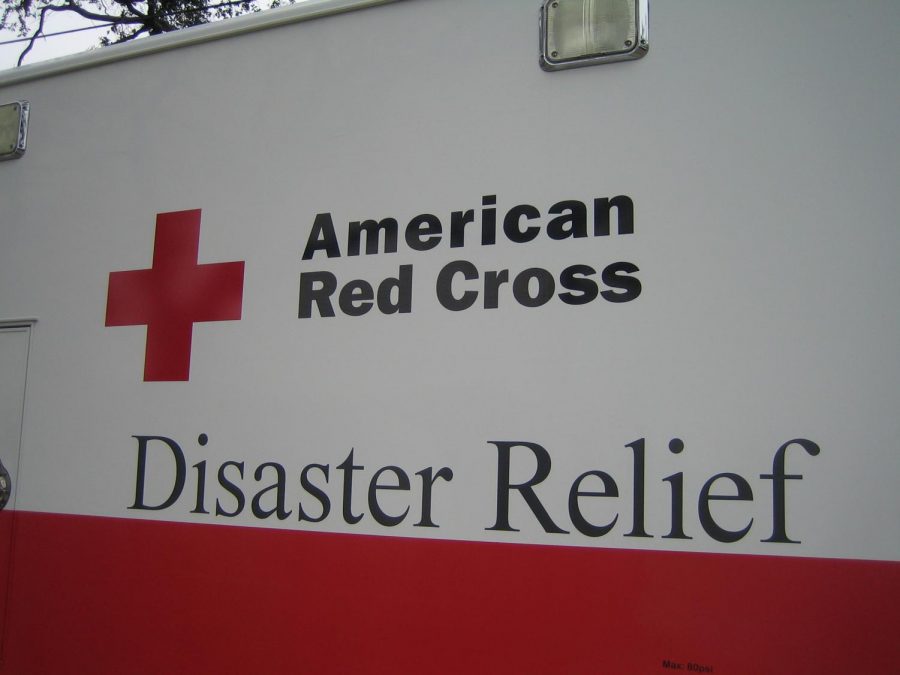

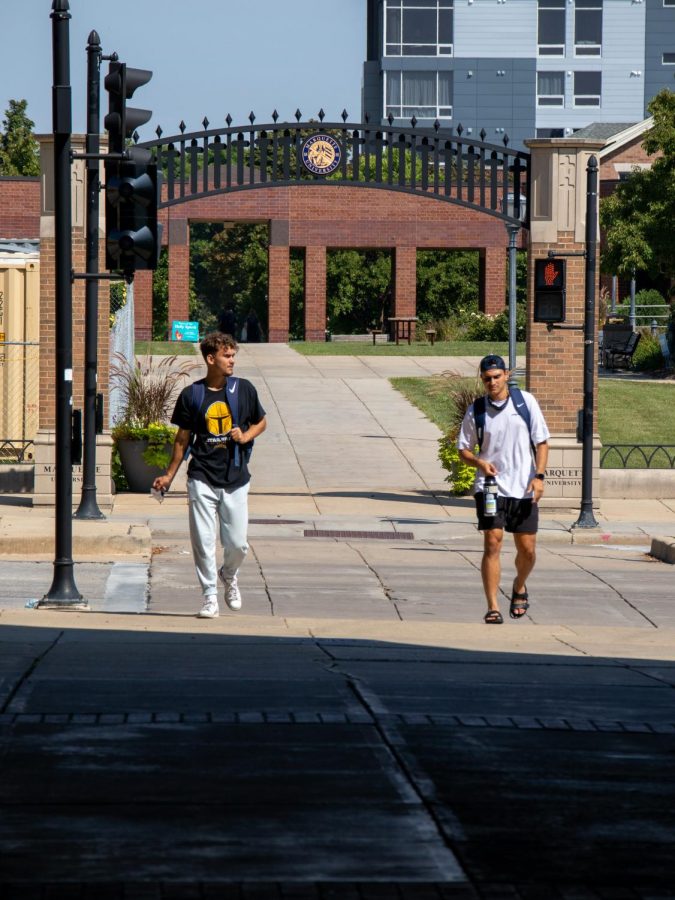
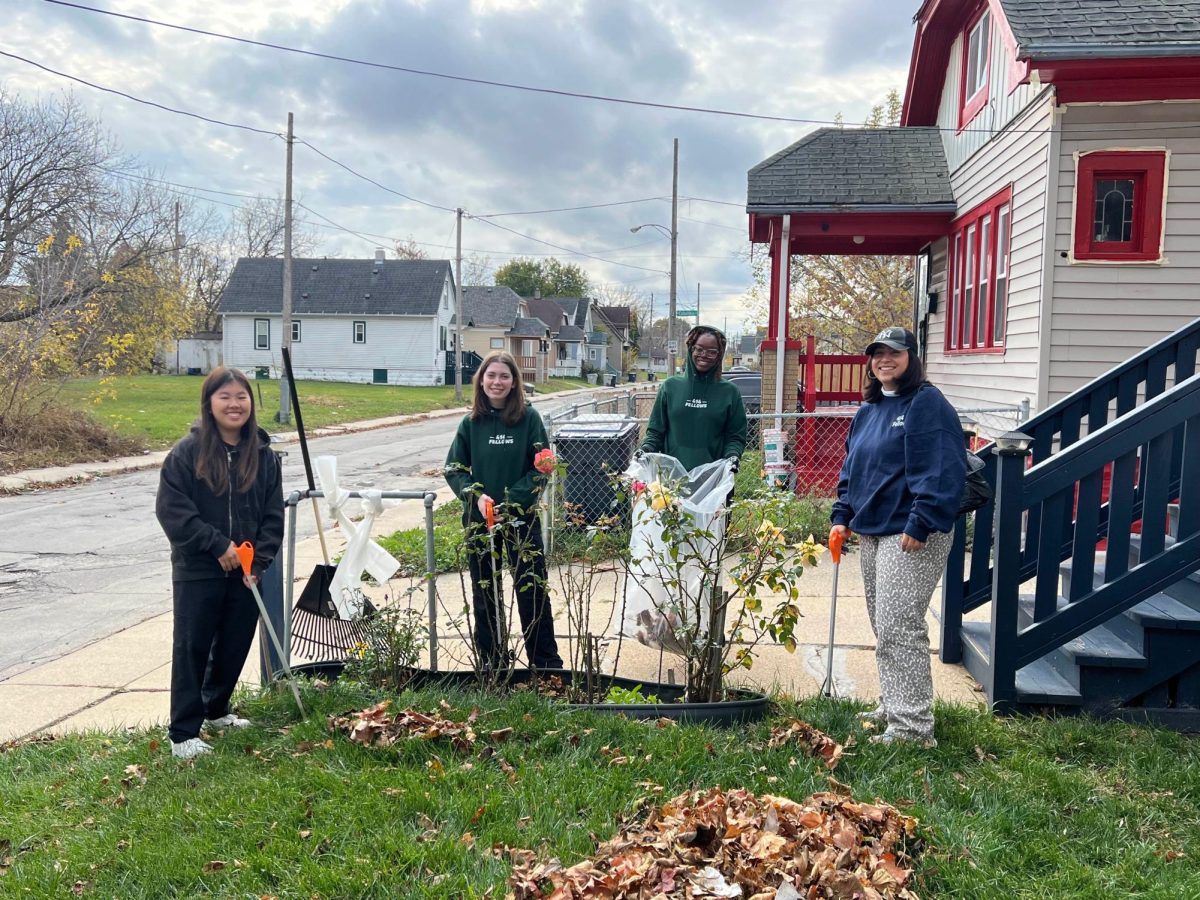

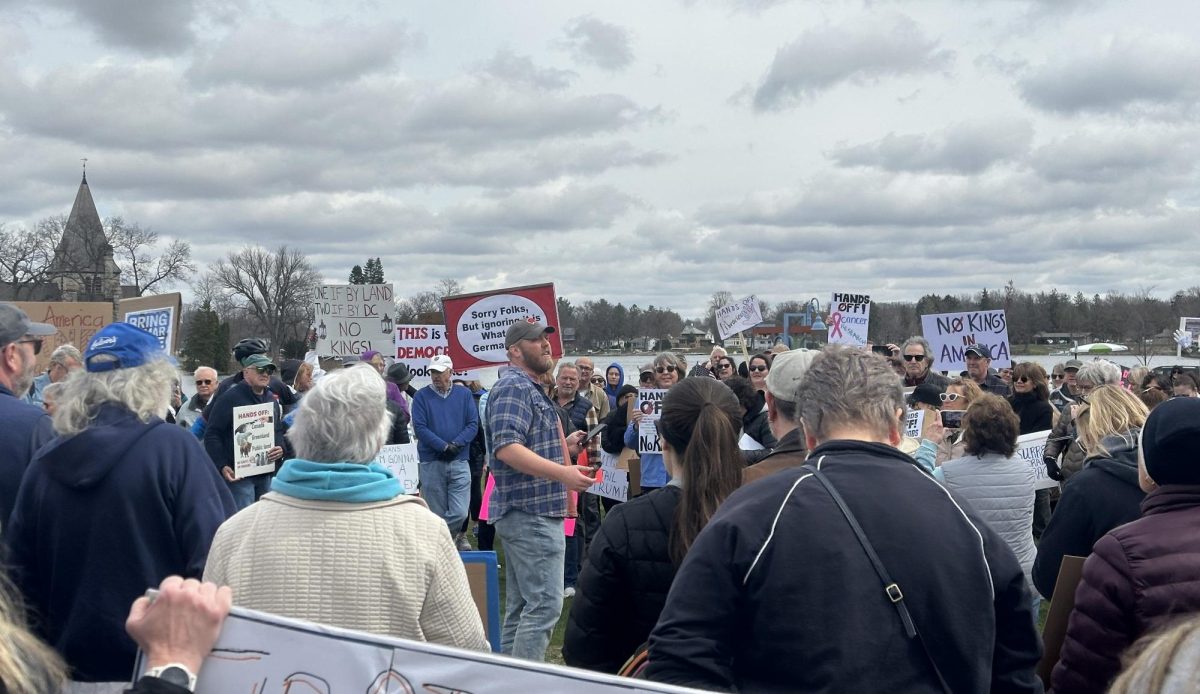
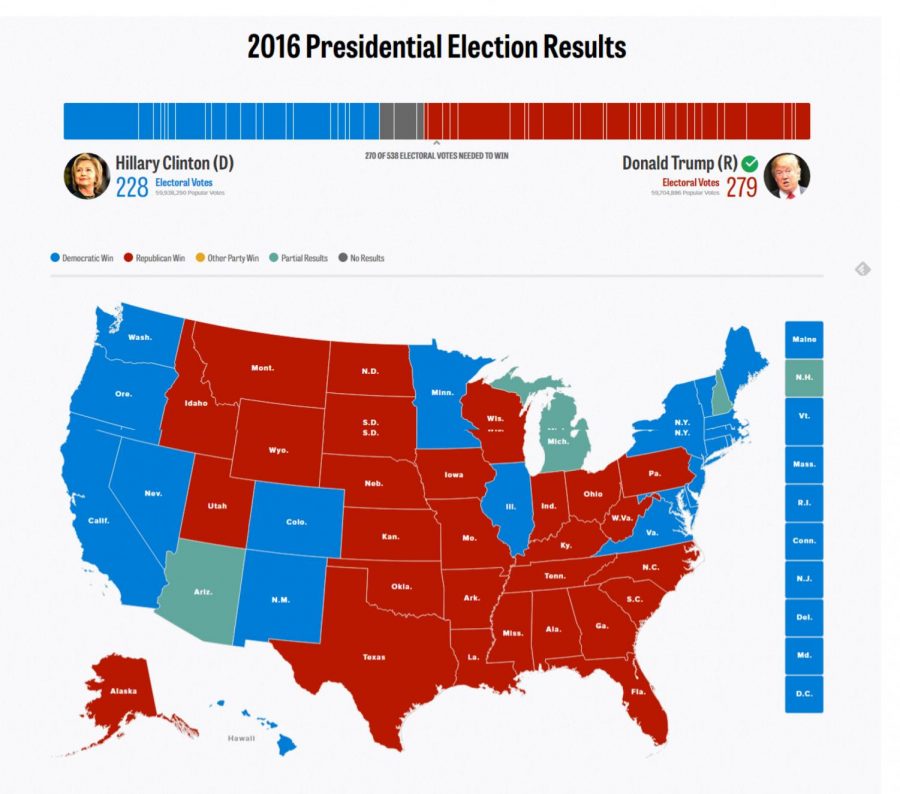

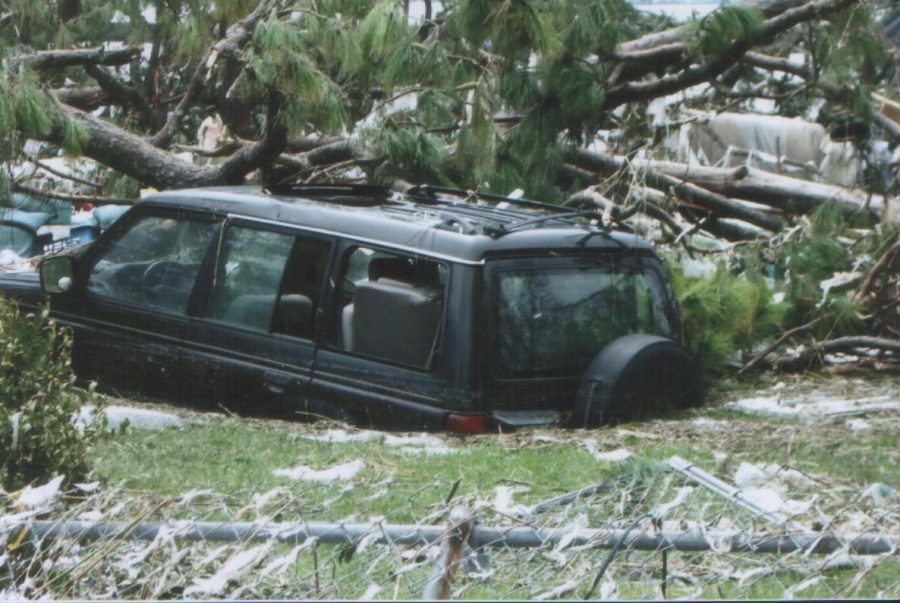
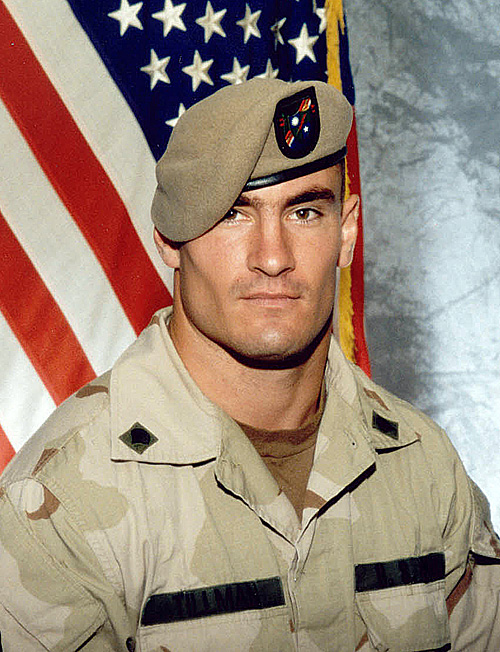
Ronnie Ortiz • Sep 19, 2018 at 1:37 pm
I am somewhat disturbed by the lack of actual research and understanding of the issues facing the island of Puerto Rico that you are so quick to blame on racial bias. The actual facts, from an actual Puerto Rican, who’s actually been there and have seen things firsthand are quite different. The cause of these deaths falls squarely on the local government of Puerto Rico. For decades, the local government has allowed the island’s infrastructure to crumble while pouring money into social welfare programs that have done nothing more than enslaving poor people. With expiring tax incentives and the decline in business investment that resulted, the young and educated were forced to flee to the mainland for work and opportunity, while the aging and elderly were left struggling to live on government subsidies. The roads and power grid of Puerto Rico mirror what you would expect in a third world country. It’s disgraceful…
Given these realities, it’s no surprise that when the devastation of the hurricane hit, the island and local government were ill-prepared to deal with the results. With power lines down for months (yes, months), it’s no surprise that many elderly were left to die in the mountains as they waited for help. Imagine what it must be like for an elderly person who relies on medical equipment to live having to go months without power or safe water… I have family members that were on the ground and reported numerous issues such as truck drivers refusing to deliver any aid without guarantees they were going to be paid. Aid was stacked in warehouses while the corruption of local government officials slowed the distribution to a crawl. It got so bad, I personally paid for a flight to relocate an elderly family member to Florida because he just could not stand living without power after several weeks.
So the point of my comment is you need to stop blaming racial bias for everything and park your Trump hatred at the door. This catastrophe happened primarily due to the failure of the local Puerto Rican government and their social policies. They have failed their own people and will not change until the truth is exposed and they are held accountable. The federal government is not responsible for everything… At some point, we need to stop the political hatred and come together as Americans to move this country forward. 3,000+ Americans lost their lives, but certainly not due to racial bias.
Ronnie Ortiz • Sep 19, 2018 at 1:04 pm
I really do not understand how this is evidence of racial bias. When you talk about Puerto Rico and Maria’s impact on the island, you have to keep in mind the context surrounding this event. For decades, Puerto Rican politicians have poured money into social welfare programs, even money they did not have (hence the Puerto Rican debt crisis), rather than investing in industry and infrastructure. This lack of upkeep occurred for decades under mainly liberal governorships (all but four years from 1973 to now have been Democratic administrations). Predictably these administrations pushed social welfare to the point that it has nearly brought the island to its knees under the burden of its massive debt. When you combine a lack of government accountability and foresight with two of the most devastating hurricanes in a decade hitting the island within two weeks of each other, you get millions without electricity and hundreds of thousands trapped in small towns by crumbling infrastructure.
Irma and Maria were not typical hurricanes, they rank as two of the worst hurricanes in modern history and they struck the island back to back within weeks of each other so, comparing the results to Florence or even Harvey is misleading. The Puerto Rican government, already forced to cut costs because of its debt crisis had no way to react to the storm and because it is an island, there was almost nowhere to hide. A president and FEMA can only do so much when the local government cannot get the lights on or never did enough maintenance to keep bridges standing. Puerto Rico’s mountainous geography and sporadic settlement only make it harder for rescue crews to help and its the main reason the local government should have been making an effort to maintain critical infrastructure.
Though the response to Maria was far from a resounding success, it was probably the best the federal government could have done. The worst could have been prevented by local politicians both before the hurricane and after. Some of the supplies that FEMA and other rescue teams rushed to the island have still not been distributed over a year later but, rather than managing the worst disaster in a century, local politicians, such as Carmen Yulíz Cruz, spent time taking interviews on CNN to bash the Trump administration instead of meeting with FEMA to direct their response. In any tragedy, there will be mistakes and unforeseen issues will arise but Puerto Rican politicians put politics over people and that is unforgivable.